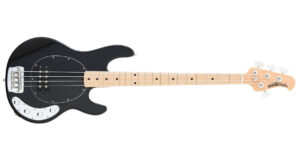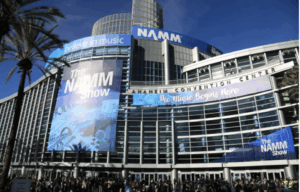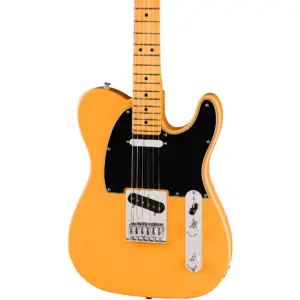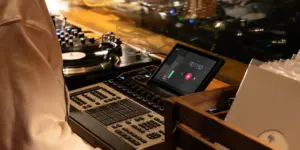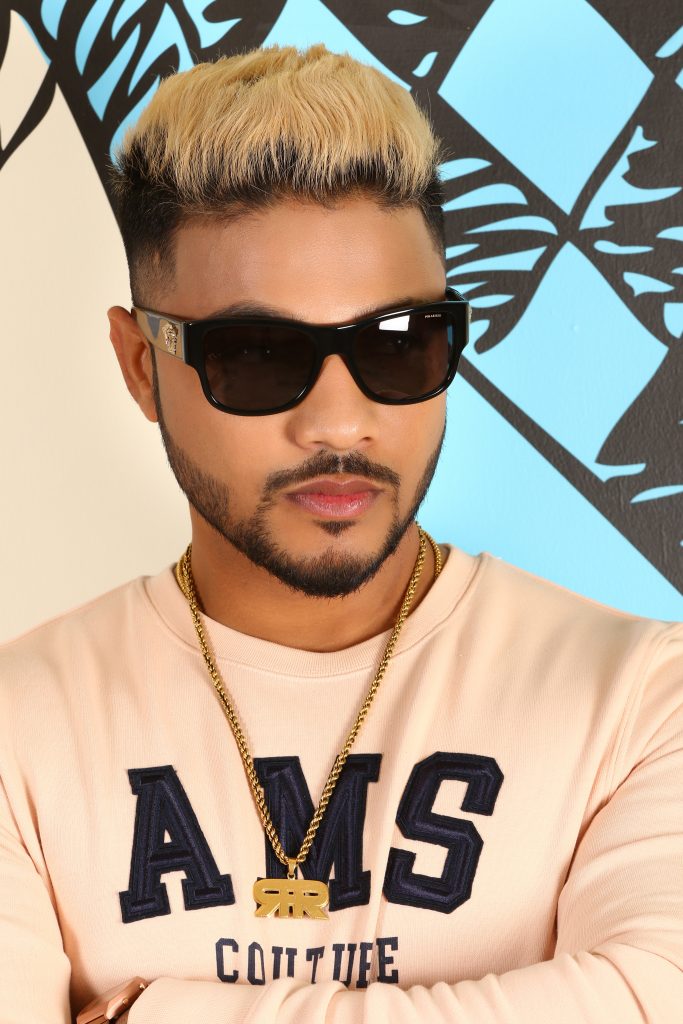The Rap Game is a treacherous battle. It is full of unlikely defeats, untimely deceits, and unjust losses. Winning at this sinister game without selling your soul seems almost miraculous. But Delhi boy Raftaar has managed to preserve both his innocence and authenticity in this battle without smearing his childlike vivacity. His journey as a Rapstar began in 2009 with a self-aggrandising verse on a Honey Singh song ‘Beer Bar’ and since then the desi hip-hopper has emerged as a lyrical beast, winning great accolades and creating an enormous base of loyal fans with his music. In his candid interview with The Score Magazine the rapper opens up about his journey from a wannabe rapper to a transcendent voice, the state of Indian hip-hop, upcoming projects, and more.
How did you get your stage name?
Raftaar is a name that rhymes with a lot of words. It defines my personality. Raftaar means speed and speed can be varied. I can rap fast, I can rap slowly; I can change the tempo of my music anytime. My creative process aligns with my name. I think fast, I write fast. I make most of my lyrics on the spot at the studio.
When did you come up with the name?
I came up with the name exactly when I joined Mafia Mundeer. Everyone in the group had a very desi name and my real name ‘Max’ sounded very English. That’s when I chose to call myself Raftaar.
That’s an interesting segue to my next question, which is about your Mafia Mundeer days. Could you enlighten us a little on that phase of your career and how you have evolved as an artist?
Initially when I started rapping, my whole crew was a big fan of The Game. We were influenced by the whole ‘Crips and Bloods’ gangbanging culture. We were wanabees basically. That’s how we started. We were living that gangster lifestyle in our heads- of being together as a crew, ‘we are a like a clan’ and that sort of vibe. But, I was the geekier one amongst us all. My intelligent quotient was a bit higher. I had joined a community on Orkut called ‘Rap Battles’ at that time where I posted a video of me and Ikka (Singh) rapping. Honey Singh saw it and commented ‘good luck shero, send me more of your stuff’. We had all heard Honey’s songs, and we wanted him to somehow produce beats for our songs. So that’s how we began doing a lot of creative work for Honey.
Mafia Mundeer broke up soon after its nascence. How would you describe your relationship with Honey Singh?
Yeah, definitely. We were all very involved in making music then, but everybody who continued being Mafia Mundeer doesn’t have a very bright name now. Ikka was the first one to leave, I followed after that, then Baadshah paaji, J Star and others. But if I hadn’t worked with Honey then, I wouldn’t have been the Raftaar I am today. People keep complaining that we make stories about the fact that we just go after Honey Singh because he’s a big name but none of us got out due credit for the work we did on Honey’s music. We learnt a lot from Honey. We got to know what real commercial music sounds like. He is undoubtedly a great producer. But when International Villager dropped, I never got credit for the work I had done. My song wasn’t included in the album. I wasn’t anywhere in the videos. I didn’t get the credit for the lyrics I wrote. That irks me. Honey was a mentor and big brother to me, but somewhere down the line I felt betrayed. But, leaving Mafia Mundeer made me more determined to succeed.
You have a very interesting upbringing. A Kerala born Malayali who grew up in Delhi. How was your childhood like- inside and outside the house?
I was a very hyperactive kid. I still am. But, I’ve learned to channelize my energy into productive tasks now. Both my parents were working when I was a kid and I used to be alone in the house until my parents came home late from work. So, I learned self-sustenance very early in my life. I was very good at studies. I ended up changing a lot of schools too. But, I have beautiful memories of my childhood. I have a lot memorable anecdotes.
Give us a brief about your initial thought on becoming a rapper and how it all started?
Ah. A friend gave me a MP3 C.D when I was in class 9. My father had just bought a new D.V.D player then. So, I went home and played the C.D and there was a lot of Linkin Park on it. I heard Mike Shinoda rapping on ‘In The End’ and I was extremely fascinated by the rhymes. I thought I could rap too and slowly I started rhyming. After that I started listening to Eminem; got influenced by him. Then ‘The Game’ blew up, and I fell in love with his lyrics. That’s when I started getting into rap and hip-hop and became a wannabee rapper.
You came out in support of the infamous Youtube rapper Omprakash Mishra? Even though you disregard foul language in your music, what compelled you to support Omprakash?
See, I understand the struggle of coming out. I know what it took for me to reach this level. That’s the reason behind my humbleness. So, when I saw Omprakash I understood that he made the song because he wanted to be discovered. I feel we are responsible for his actions. What we are doing is not just making music. We are selling dreams. Me, Badshah, Honey Singh or even Bollywood. These youngsters want to be rappers because they idolise us. They see us in a fancy car, wearing expensive clothes, and they aspire to be like us. They see rapping as the easy way to achieve what we have achieved. Omprakash had made other songs prior to ‘Shot lagani hai’ (Bol na Aunty) but nobody took notice. But, people noticed him when he made ‘Shot lagani hai.’ So, we should question the listeners who made it a big deal and not Omprakash because they proved the point that these are the kind of songs that people listen to. Kids just copy what they see. They do what people take notice of. That’s why we as listeners need to change what we consume as music and the rest will follow. We should people like Omprakash to make them better, give them better advice instead of shunning them. There’s no good in dismissing a person and going after him because you don’t understand his intent.
You voiced your opinion against horrific rape crimes in the country like the recent Asifa Bano case. Where do you think we are failing as a society in stopping such menacing crimes?
We need to educate our kids better. Period. Sex is repressed in our society. But, you can’t kill curiosity, right? So, that curiosity leads people to make such mistakes. My dad sat down with me and talked about sex. He told me what a condom is. But, if you have an upbringing where your dad is hurling abuses at your mom or he’s beating her, that’s what you grow up to be. We are taught that men are superior to women. That’s bullshit. We need to kill taboo. I have a Malyali upbringing. In my side of the family, the girl child inherits her father’s property. That’s beautiful. I’ve never seen my dad disrespect my mom in any way. So, I grew up respecting women. But, now this insidious mentality has been embedded in us. It’ll wither away only if we educate our kids better. We need to teach our kids to respect a woman’s womanhood. And we need to make an example out of genuine culprits. It’ll take time, but it’ll get better until the next generation grows up.
You release a lot of independent music along with film music. What is difference in the process of the two and what adjustments do you have to make while shifting from one to another?
The primary difference is that I do Bollywood music for others and independent for myself. While making a Bollywood song, I do what the script demands and what the director wants. I write the lyrics as per that. We make the whole song, give it to the director, and make the changes if there’re any. When I’m making an independent song, I do what I want to do with the song. I decide everything from production to lyrics.
Despite having many hit singles independently and in movies, you haven’t released a full album yet. Can we expect your debut rap album any soon?
My debut album is on the way. It should be complete in a matter of the next two months. It’s called ‘Zero to Infinity’. We’ll have eight tracks on the album. After that, I’ll be back making mixtapes. I’ve already competed a song with Emiway. I’m making a song with Brodha V. Brodha V is producing music for the track. There’s an upcoming song called ‘O Chori’ where I’ve collaborated with Jyotica Tangri who sang ‘Pallo Latke’. She’s a phenomenal vocalist. All my upcoming songs have collaborations with artists who are not very known yet, but they’re talented musicians. There’s a track from my album called ‘Mundeya Di Maut’ with Uday who’s also a very talented rapper.
You never shied off supporting young talent. Recently you signed five underground rap artistes. Tell us a bit more about that?
Yeah. The artists that I’ve signed recently are Krishna, Deep Khalsi, Harjas, Unan, and Karma. We’re going to drop a compilation of songs where everybody has their own song and own music video. We’ve already shot Karma and Unan’s music videos. Krishna did an immaculate track called ‘Vyanjan’ recently where he raps the whole hindi alphabetic characters in order. It is the toughest rap song that you will hear in recent times. I treat everybody as equal artists without any personal bias and we’re all collaborating together to make new music. I promise that people will remember me as a person who has not made hip-hop bigger but made hip-hop able to feed families.
Rap and hip hop’s growing worldwide popularity has reflected in the Indian circuit too. Do you think this is its best chance to get into the mainstream music or do you think it still lacks refinement?
Rap started making an impact in the industry since the time Bohemia dropped ‘Kali Denali’ in 2006. That’s when I as a listener heard desi rap and got influenced by it. Until 2016, people were developing an ear for it. What we did 5 years back developed a momentum for such music. There’s a hip-hop show on radio called ‘Rap Jones’ now. BBC Asian is recording hip-hop music in India. India hosted its first hip-hop festival called ‘A Slice of Indian Hip-Hop’ by Redbull Tour Bus in Guwahati this February. Divine was performing there, Khasi Bloodz were there and a whole new breed of vernacular hip-hop artists performed at the festival. I myself, was headlining the concert. That was the best concert I’ve ever performed at. The vibe there was electrifying. So, yes, the listening has developed. It’ll take time for artists to get paid by making hip-hop. But, I’d still definitely say that hip-hop is the mainstream music now.
You’ve time and again said that Rap must be more skewed towards storytelling. Do you think popular Bollywood music has done justice to the genre?
There are two genres- Hip-hop and Hip-pop. So, Bollywood might not be essentially hip-hop, but it is blending into the genre with a mix of pop music. It’s like a leakage in the pipe that we’ve entered and we’re now headed towards the opening where rap becomes a thing in itself. Divine is the perfect example of that. People who didn’t weren’t aware of hip-hop music have now developed the taste for it due to Bollywood. So, yes Bollywood has certainly nurtured an audience for rap music.
What message do you have for our readers?
I will say- be a wannabe. Because everybody starts as wannabe and then someday you become somebody by following your passion. It is very necessary to wish for something to make it happen.
Rapid Fire
Your Top 5 Rappers?
Lupe Fiasco, The Game, Eminem, J Cole, DMX
What comes to your mind when you hear the following?
- Rap God- KRS One, Rakim
- RDB- Manjh Music
- Kerala- God’s own country
- Delhi- My own Country
Which is your best song till date?
Allah Ve
One hidden talent you have that nobody knows?
I can do the betwixt nose twist
The best gig you ever had?
Redbull Tour Bus- A slice Of Indian Hip-hop
Most fun artist you’ve worked with?
My artist- Unan and Vishal Dadlani
The song that turns you up?
Goosebumps by Travis Scott



